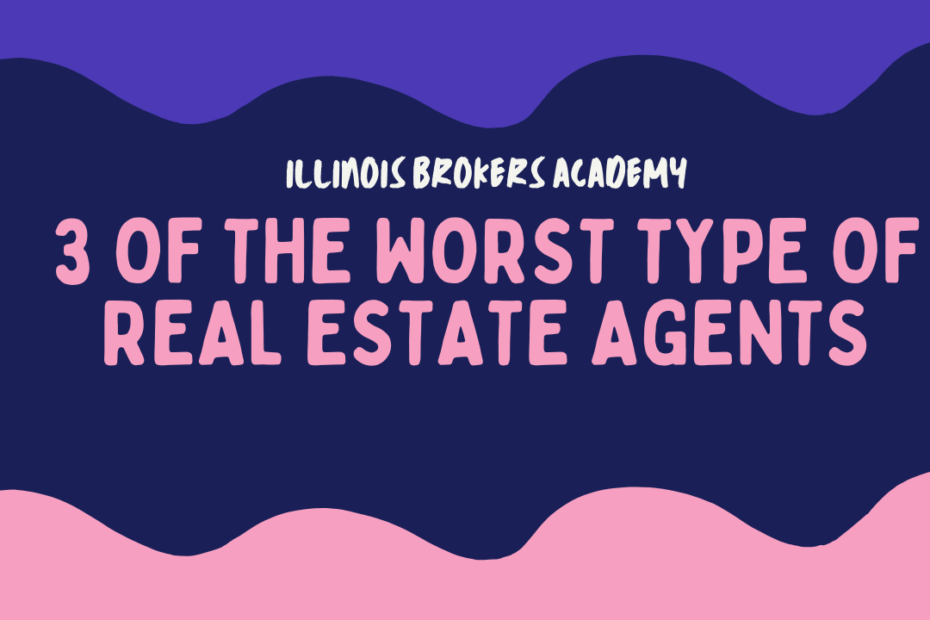Real estate agents’ 3 worst types prove that dealing with them is more terrible than you think. What an ideal real estate agent is? While it is intense pleasure to think about an ideal real estate agent or broker, the reality is a bit harsher.
If you’d like to see how not to give a crap about closing a real estate deal, the list of funny tales coming ahead will indeed answer you. Surely, and you will end with a couple of loud giggles. So sit back scroll down, vote for the terrible real estate agents types, and don’t forget to add your opinions!
Have you had a terrible experience dealing with the worst estate agents?

#1 THE ARSONIST
Arsonist will just blow their bubbles and destroy the sale of other real estate agents. They are not intending really to make a deal and just want fun. The arsonist agents are just a fun material, not to work with.
Do you want to be a successful estate agent? Begin your tremendous journey by signing up for Illinois real estate courses right away.
#2 THE CRUNCHER
Almost all of them are transactional agents. They quote very higher prices then smash their clients down like a butcher. They all are after your money only. Sounds amusing? But they do exist and not at all can be a sincere business partner to you.
Looking to kick-start your career as an estate agent? Read top reasons to be a real estate agent now.
To learn more about real estate and becoming an agent, you could take Real Estate Broker Courses online. Portable dwellings Mobile homes or residential caravans – A full-time residence that can be (although might not in practice be) movable on wheels. Bundle of Rights Real property is unique because there are multiple rights associated with each piece of property. For example, most U.S. jurisdictions recognized the following rights: right to sell; right to lease; right to acquire minerals, gas, oil, etc. within the land; right to use; right to possess; right to develop; etc. These multiple rights are important because owners of the real property can generally do what they choose with each right. For example, the owner could choose to keep all the rights but lease the right to drill for oil to an oil company, or the owner could choose to keep all the rights but lease the property to a tenant. In other words, the owner can elect to keep, lease or sell the rights to the land. The law now broadly distinguishes between real property (land and anything affixed to it) and personal property (everything else, e.g., clothing, furniture, money). The conceptual difference was between immovable property, which would transfer title along with the land, and movable property, which a person would retain title to. In English common law, real property, real estate, realty, or immovable property is land which is the property of some person and all structures (also called improvements or fixtures) integrated with or affixed to the land, including crops, buildings, machinery, wells, dams, ponds, mines, canals, and roads, among other things. The term “real property” is historic, arising from the now-discontinued form of action, which distinguished between real property disputes and personal property disputes. Reversion: A reversion arises when a tenant grants an estate of the lesser maximum term than his own. Ownership of the land returns to the original tenant when the grantee’s estate expires. The original tenant’s future interest is a reversion.

#3 THE RESCUER
Rescuers are too emotional and care more about the seller’s associations with their homes. Despite this, the rescuer real estate agents should keep realistic expectations to get the deal done. Rescuers assume the sellers find it very hard to let go of the houses. In this way, they will lose their all golden memories which the rescuer real estate agents don’t want at all.
Are you too finding it hard enough to hold your laugh?
Related: Type of real estate agents
You should not be amongst the worst type of real estate agents. What if you get a bad real estate agent. How are you going to deal with the bad guy? Let my community know your thoughts 🙂
